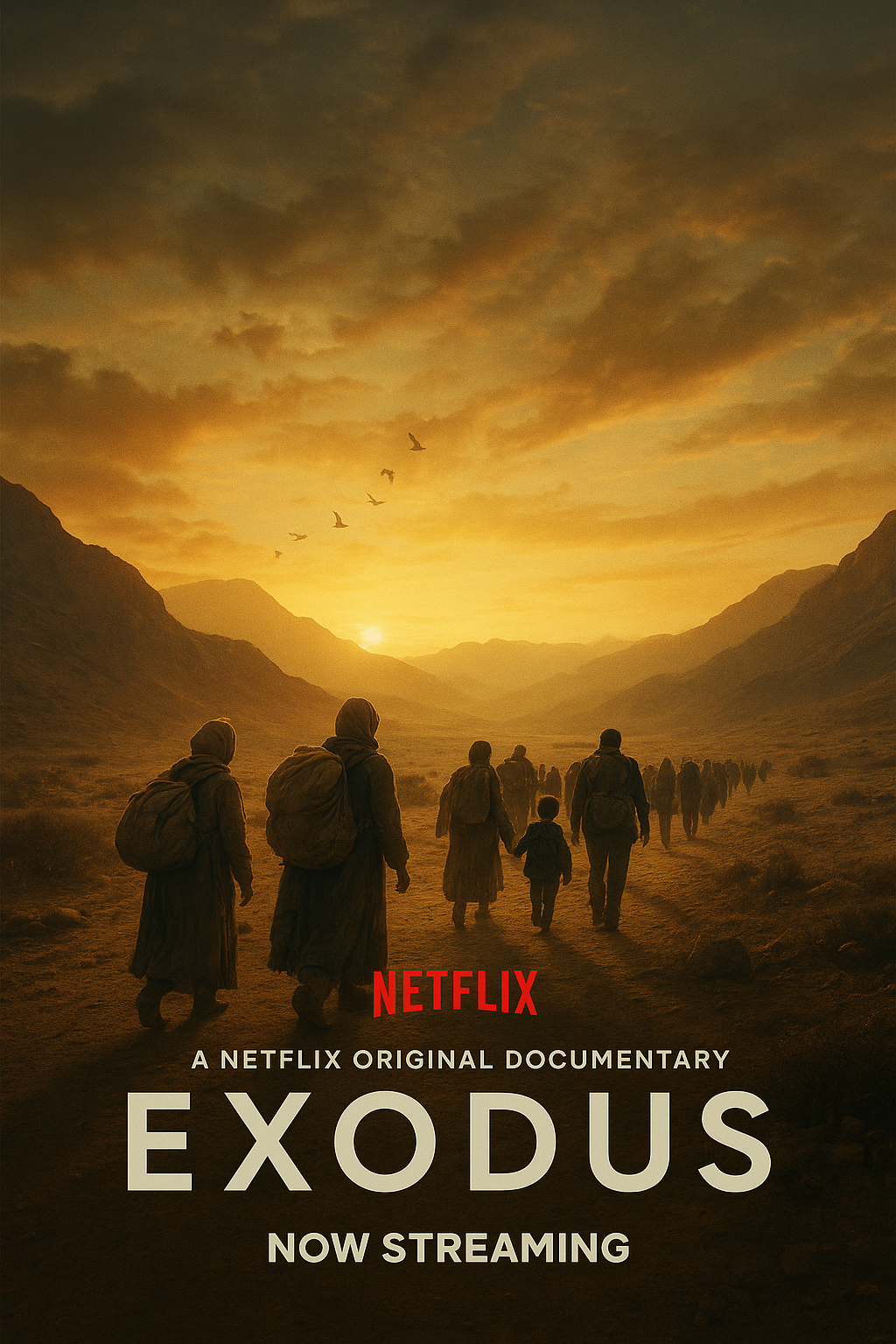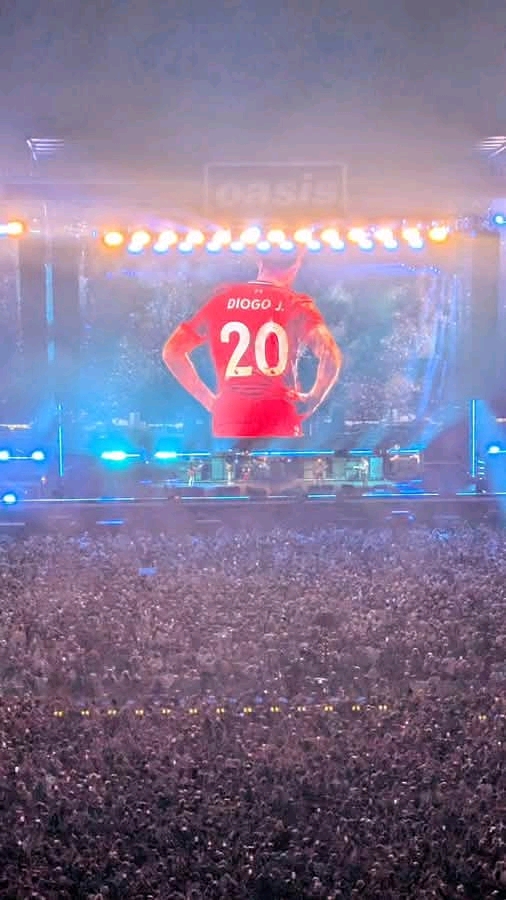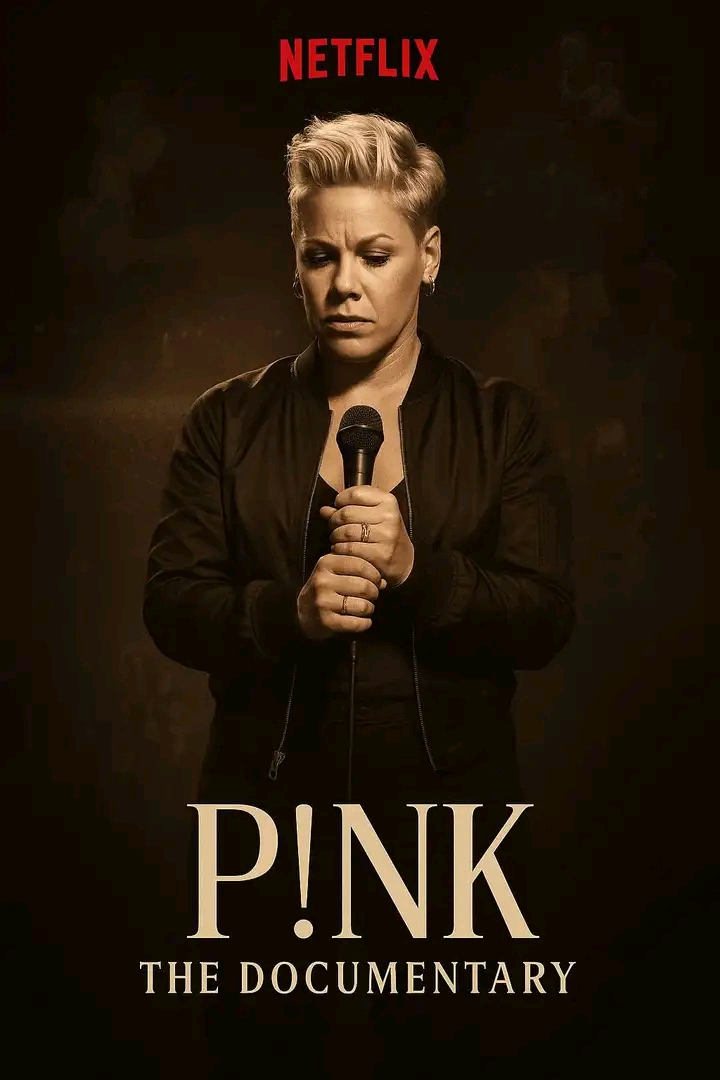The entertainment world is buzzing with excitement as Netflix officially releases the trailer for its upcoming documentary, Exodus. The film promises to take audiences on a gripping journey through one of the most transformative and emotional human stories ever told. From the very first scenes of the trailer, it’s clear that Exodus is not just another historical or political film—it’s a deeply human narrative about survival, hope, and the unyielding will to begin again.
The trailer opens with hauntingly beautiful shots of landscapes scarred by both time and struggle. Accompanied by an emotional orchestral score, these scenes immediately set the tone for a story that is as vast as it is intimate. Viewers get glimpses of people in motion—crossing borders, escaping conflict, and seeking sanctuary. The tone is raw, emotional, and entirely authentic, suggesting that Netflix has crafted a documentary that will resonate across generations and continents.
Behind the camera is award-winning director Eli Winters, whose previous works on human displacement and environmental impact have been widely acclaimed. His direction in Exodus is said to merge historical storytelling with modern-day realities, weaving together past and present to show that the concept of exodus—of leaving one’s home in search of safety and identity—is as relevant today as it has ever been. Each frame feels meticulously planned to capture not only the hardship but also the enduring spirit of those who dare to move forward despite unimaginable challenges.
What makes Exodus truly stand out, even from the trailer alone, is its narrative structure. Rather than focusing solely on statistics or politics, the documentary dives into the lives of real people. We see families torn apart by conflict, reunited after years of separation, and individuals who redefine what it means to belong. The use of firsthand footage and intimate interviews makes it clear that the heart of this story lies in personal experience, not abstract data.
Netflix’s Exodus also appears to explore the moral and social dimensions of migration. The trailer hints at interviews with policy experts, humanitarian leaders, and citizens who have witnessed both the tragedies and triumphs of modern displacement. The film does not seem to push a single perspective but instead invites viewers to think critically about global responsibility and empathy in an increasingly divided world.
In addition to its emotional weight, the documentary’s visual presentation is breathtaking. Sweeping drone shots of deserts, oceans, and borderlands contrast with close-up scenes of human faces filled with emotion—fear, hope, exhaustion, and determination. Every image feels purposeful, amplifying the sense that this is not just a film to be watched but an experience to be felt deeply.
The score, composed by Alexandra Grey, complements the visuals perfectly. Her use of orchestral crescendos mixed with subtle electronic elements gives the film a timeless, borderless sound. The music doesn’t just accompany the story—it drives it, mirroring the tension, loss, and courage embedded in every step of an exodus.
Critics who have seen early previews of the trailer are already calling Exodus one of the most ambitious documentary projects of the decade. Its combination of cinematic scope, emotional storytelling, and social relevance sets it apart from typical documentary fare. Many predict it could easily become one of Netflix’s major award contenders in the upcoming season, particularly for Best Documentary Feature.
Netflix has built a strong reputation for creating and hosting powerful documentaries that spark global conversation. Projects like 13th, My Octopus Teacher, and The Social Dilemma have all left significant cultural footprints. Exodus looks set to join that lineage, but with an even more personal and universal touch. It is a story about humanity itself—the constant motion of people seeking a better place, a safer home, and a brighter tomorrow.
The documentary is also expected to feature a narration by Idris Elba, whose commanding yet compassionate voice brings weight to the story. His narration reportedly bridges the many stories told within Exodus, connecting generations of people who have fled wars, famines, and political upheaval in search of peace. With Elba’s storytelling gift, the documentary gains both emotional gravity and a sense of poetic continuity.
According to Netflix’s press release on October 20, 2025, Exodus is scheduled for worldwide streaming on November 18, 2025. The date marks a significant moment for both the platform and viewers, as it coincides with World Refugee Week events in several countries. Netflix’s timing and marketing strategy highlight the company’s growing commitment to socially conscious storytelling that goes beyond entertainment—it seeks to ignite awareness and action.
As fans and critics eagerly await the full release, the trailer has already sparked intense discussion on social media. Viewers from across the globe have shared emotional reactions, with many describing the footage as “powerful,” “heart-wrenching,” and “essential viewing.” The hashtag #ExodusNetflix has begun trending, signaling that this documentary may become more than just a film—it could become a movement.
Ultimately, Exodus is shaping up to be a defining work for Netflix and for documentary cinema in general. It serves as a reminder of what storytelling can achieve when done with empathy and purpose. The trailer alone leaves a lasting impression—a reflection of both the pain and beauty of human migration. When Exodus finally premieres, it promises not only to inform and inspire but also to challenge audiences to see themselves in the faces of those still walking the long road to freedom.


